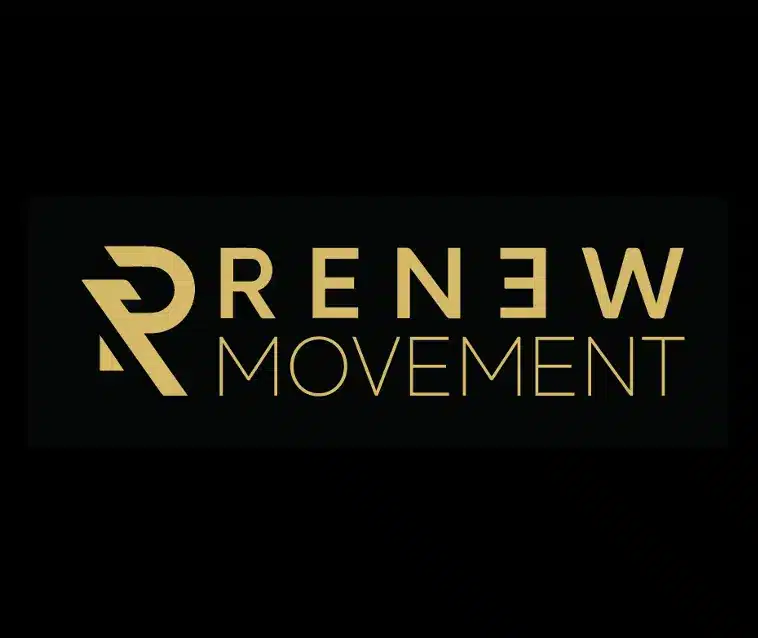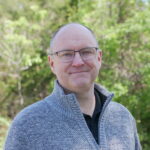Article Summary:
- A turnkey distance residency program can help your church play a part in equipping church planters.
- Distance-based residencies let the emerging planter stay rooted in the local church while receiving world-class training and support.
- The Renew Movement Church Planter Residency offers a nine-month, distance-based experience that includes online peer gatherings, a proven process to create a contextual launch strategy, personalized assignments, and support along the way from experienced practitioners.
Have you ever felt that quiet tug—maybe during a sermon or a late-night conversation—that you and/or your church might be called to church planting? Maybe someone came to mind who would be a good church planter. Or maybe it was just a passing thought that stirred your heart for a moment before the realities of ministry set in. The timing never seems right. The resources feel too thin. And let’s be honest, most days you’re just trying to keep up with what’s already on your plate.
That’s what I call the “someday when” syndrome. Someday when the team is bigger. Someday when the budget opens up. Someday when we finally have the right systems in place. But here’s the truth: for 93% of churches, “someday” never comes. Not because they don’t believe in multiplication, but because the pathway forward isn’t clear.
Most ministers I talk to aren’t short on conviction. They know the stats. They see the need for more disciple making churches and faithful leaders. But the question always comes down to execution. Who’s going to train myself or the leader I think would be a good planter? How do we afford it? Can we really take on another responsibility right now? The issue isn’t calling—it’s capacity.
“Most ministers I talk to aren’t short on conviction. They know the stats.”
That’s where we need to reframe our thinking. The call to make disciples of all nations includes the call to plant churches. The book of Acts isn’t just a romantic highlight reel—it’s a gritty, Spirit-empowered record of multiplication through ordinary people. Paul didn’t just travel and preach; he trained up leaders like Timothy and Titus in real time, in real places, through real relationships.
In too many churches today, the planter pipeline is bone dry. We pray for a harvest, but we’re not preparing the workers. Not because we don’t care, but because we assume the process is more complicated than it is. We think it requires another staff member, a full curriculum, or a program that we don’t have the capacity to run.
But what if it didn’t? What if all you really needed was clarity, consistency, and a willingness to walk alongside someone over time? Residents aren’t looking for polish. They’re not expecting a gourmet experience. They just want the basics done well. They need time in the trenches—real-life ministry where they can serve, observe, and lead. They need intentional conversations, not just about theology, but about calling, leadership, pain, and perseverance. They need theological grounding that connects to everyday ministry decisions. And they need a strategic roadmap—a way to move from burden to blueprint, from vision to launch.
“In too many churches today, the planter pipeline is bone dry.”
If that sounds like a lot, I want to reassure you: you don’t have to be an expert in every category. You just need to be available, intentional, and willing to give someone access to your ministry. In fact, you’re probably already doing more than you think. You preach. You lead meetings. You disciple people. What if you simply invited a resident into those rhythms? Let them help you prep. Let them sit in on decisions. Let them watch how you pray, lead, and build teams. That’s the kind of formation you can’t get from a textbook.
And if your church isn’t big? That’s not a liability—it might actually be an advantage. Small and medium-sized churches can often offer better residencies because planters get to see everything up close. There’s nowhere to hide. That’s good training. The kind that sticks.
Now, some leaders might be thinking, “We could just build our own residency.” And you probably could. But should you? Designing your own system means building curriculum, tracking progress, creating assessment tools, and managing the whole process. It’s not impossible, but it is intensive. And the harder question is: can you sustain it year after year?
That’s where the Renew Movement Residency comes in. In partnership with Passion for Planting, we’ve built a distance-based residency that lets your emerging planter stay rooted in your church while receiving world-class training and support. It’s a nine-month experience that includes online peer gatherings, a proven process to create a contextual launch strategy, personalized assignments, and support along the way from experienced practitioners. Residents who complete the program are even eligible for a $5,000 grant.
“We’ve built a distance-based residency that lets your emerging planter stay rooted in your church while receiving world-class training and support.”
Best of all, it lifts the burden off your church while elevating your impact. You remain the discipler. You remain the sending church. We provide the structure, content, and scaffolding to make it work.
And the timing? It matters. The next cohort launches in September, and space is limited. If someone in your church is carrying a vision to plant, or if you’ve ever wondered if your church could be a sending church, don’t let the moment pass.
Join us for a live info meeting (with Q&A) to explore how the distance residency could make it easy for you to equip your next church planter:
- Wednesday, June 25 @ 1pm ET: “Why Distance Residency is the Future of Church Planting”
- Thursday, July 10 @ 2pm ET: “Why Residency? Why Now?”
- Tuesday, July 22 @ 3pm ET: “What Do Church Planting Residents Actually Do?”











